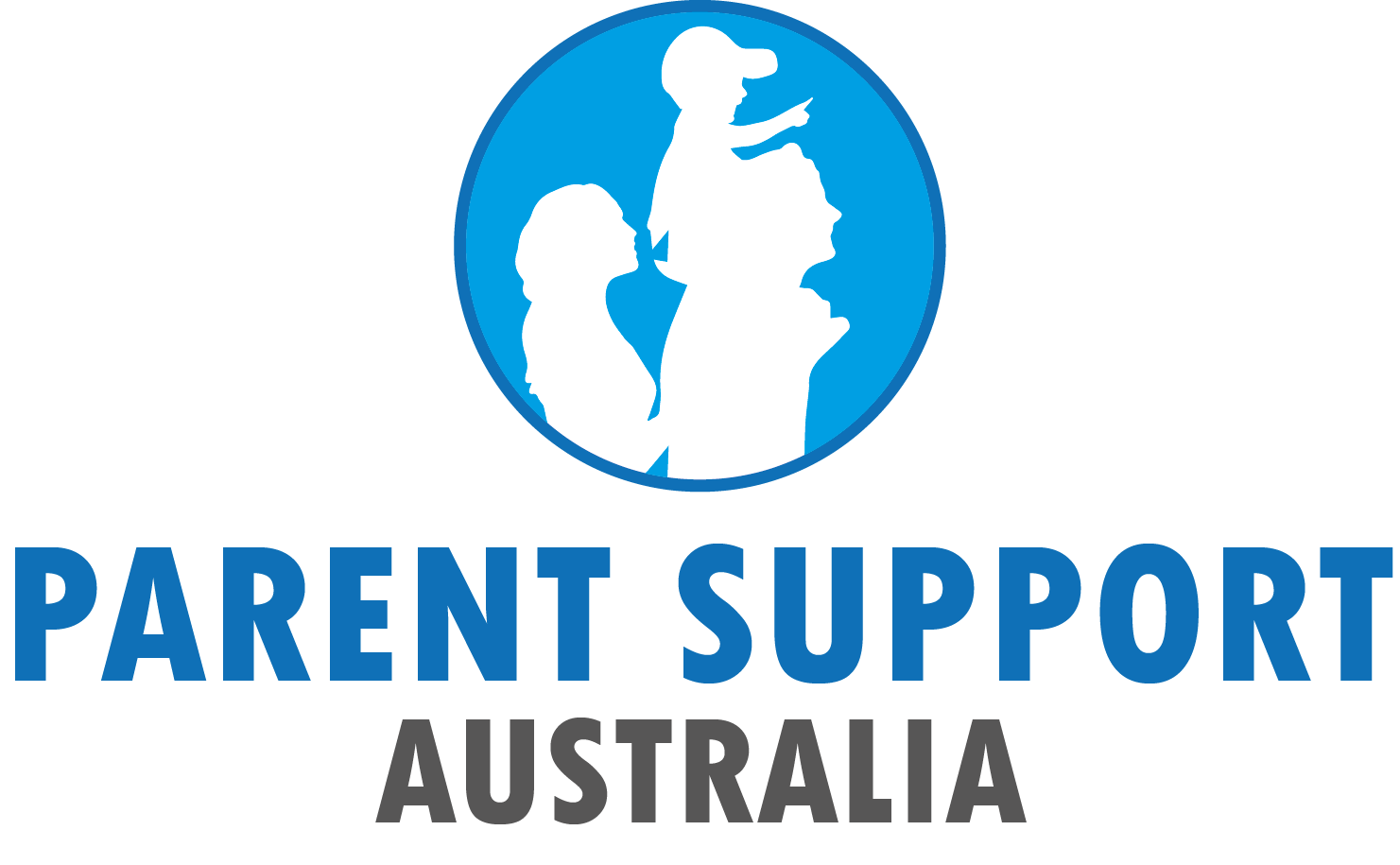For many families, finding out about their child’s condition means hearing medical terms, stereotyped jargon and, for most of us, being talked to in a foreign language. Many have described the day of receiving the diagnosis as like being in a beehive; lots of buzzing and running around, but no recollection or comprehension of what was really happening.
On finding out their child’s condition, parents have the option of finding out more about the diagnosis and trusting their doctor with the condition or choosing not to know anything about it. Considering that most parents will be given a choice to continue or to terminate the pregnancy at this stage, many mothers and fathers want to know what they are ‘up against’ in order to take such a decision. For other parents, knowing about the condition is not about deciding whether to continue or terminate the pregnancy but whether they are prepared to care for a child with special needs or to evaluate the baby’s chances of survival.
Regardless of these reasons, it is important for parents to know where they can find information about their child’s condition.
- Encyclopaedias and dictionaries are always a great resource to begin with. They will give you a basic definition of a specific term used by the doctors and definitions of ‘common’ conditions.
- The internet can be the most efficient way to find information quickly, but beware of unwanted or inaccurate search results. For instance, typing a word could bring you an enormous list of documents including medical reports and fabricated articles. A useful way to search for helpful information is to type in a general search term, e.g. ‘what is Potter’s syndrome?’ and to look for web page results rather than just website results. Indeed, when you do a search for websites, the search engine will look for specific words within a website description.
- Your national organisation for specific types of conditions (Kidney Foundation, Spina Bifida Association, etc)
- Medical specialists and local support groups
